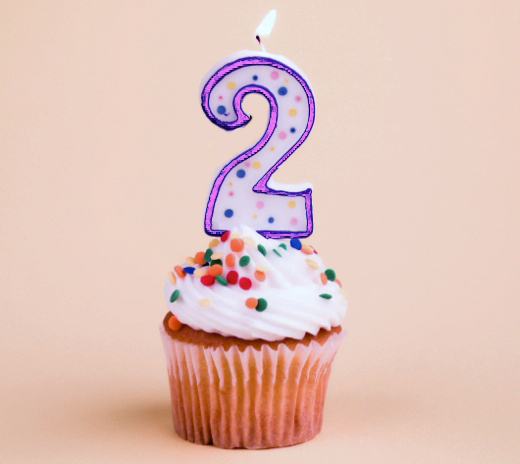And why music is so important
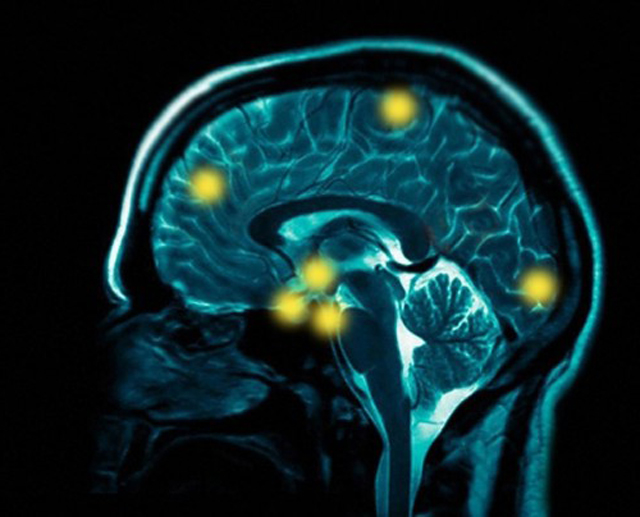 Music makes your brain glow
Music makes your brain glow
Music stimulates specific regions of the brain responsible for language, memory and motor control. If you want to know more about music and brain function, just ask this guy:
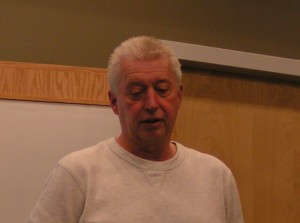
Dr. Michael Thaut
Dr. Thaut is the Administrative Director and Professor of Music and Neuroscience at the CSU School of the Arts. He was on-hand today to talk about the scientific foundations and clinical applications of rhythm and music and it’s effect on the brain.
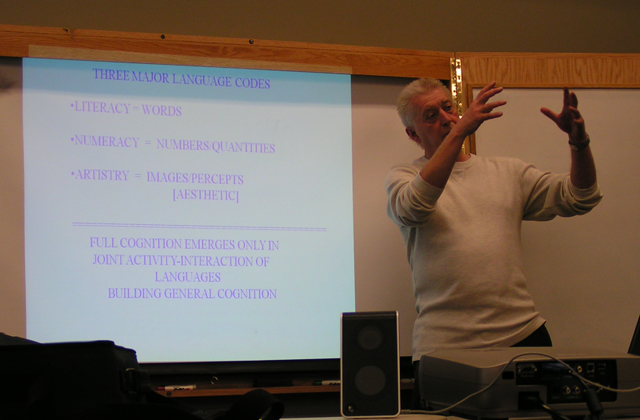
It’s not just words and numbers!
Of course around tax time it seems like it’s all about numbers but like most people, it’s also time to perform a little ‘song and dance’ as well. It’s also important to sing the praises of the arts when appearing before the university administration during budget request time.
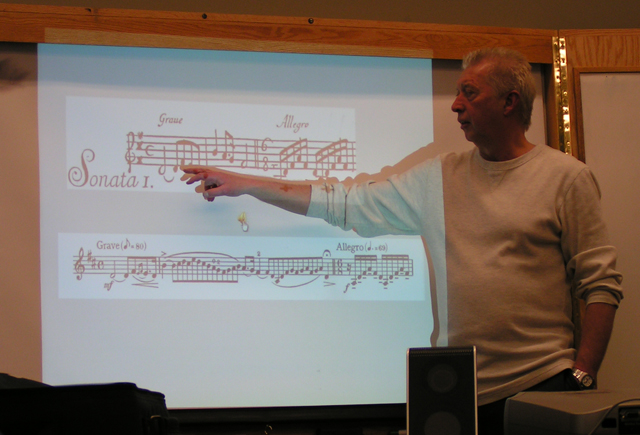
To Compose and Improvise
It’s something we all do up until the age of six. Then it gets pushed away to some dark place while we learn all that other ‘stuff’ in school.
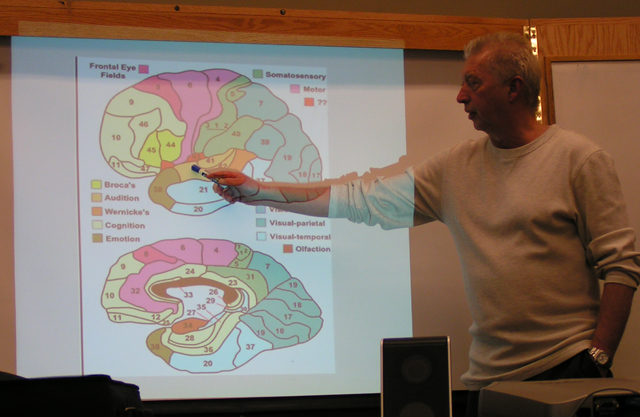
The parts of the brain for artistic skills
“With the advent of modern cognitive neuroscience and its new tools of studying the human brain “live,” music as a highly complex, temporally ordered and rule-based sensory language quickly became a fascinating topic of study. By studying the physiology and neurology of brain function in music, we can obtain a great deal of knowledge about the perception of complex auditory sound stimuli; time perception and rhythm processing; the differential processing of music and language of two aural communication systems; biological substrates of learning versus innate talent in the arts; and processing of higher cognitive functions related to temporality and emotion. The main goal is to bring the knowledge in the arts and the sciences together and review systematically our current state of study about the brain and music, specifically in rhythm. “
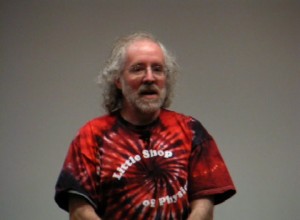 Brian Jones
Brian Jones













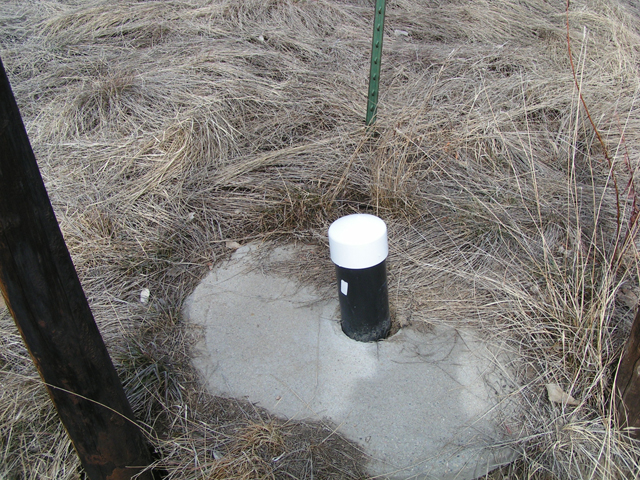





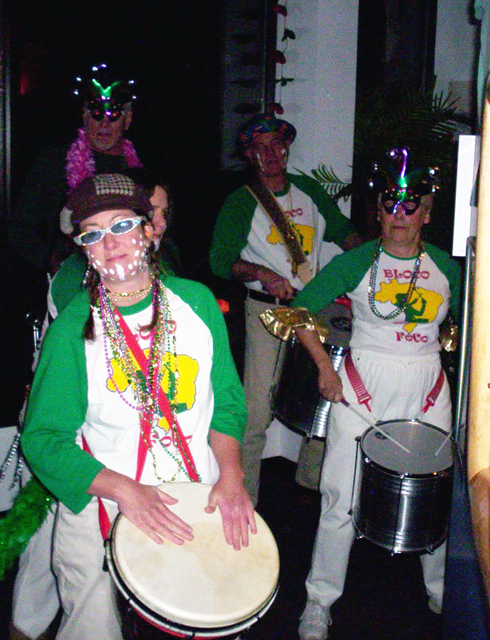
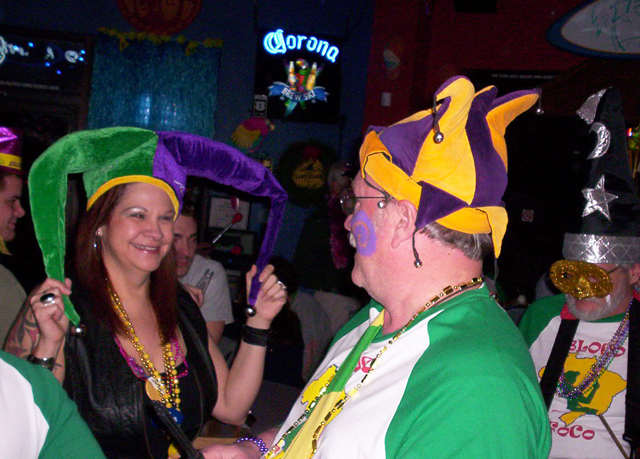








 x
x







